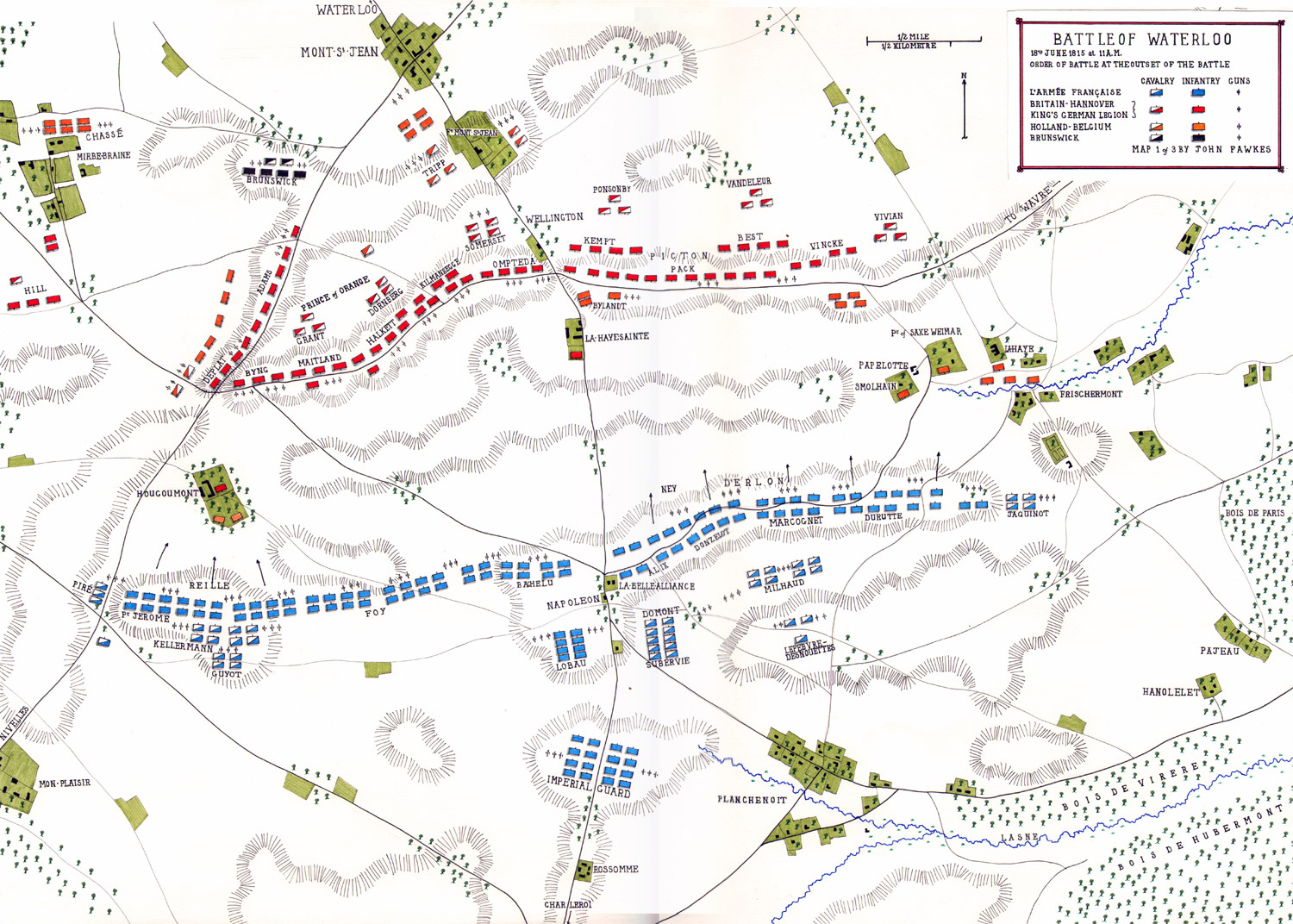The other week I was
driving up to Scotland – a journey which takes almost six hours from my house –
and wanted to have a break halfway to stretch my legs, so I had
a great idea. I remembered that a few years ago, in 2009,
there was a lot of talk on the news about a treasure found in a field in
Staffordshire by a man with a metal detector.
It became known as the Staffordshire Hoard and consisted of over 1600
items made of gold, silver and garnets. The
main part of this hoard is now in Birmingham, but some of it is in the
Potteries Museum & Art Gallery in Stoke-on-Trent, which was on my way so I
decided to stop there – I can never resist treasure of any kind. And I am so glad I did as it was simply
amazing!
Displayed in a special room with a time line for the Saxon period, dates of important events, explanations and even a mock-Saxon hall complete with chieftain’s chair and a pretend hearth, it's a very interesting exhibition, although there was only a small percentage of the items from the hoard. But what there was almost took my breath away as the objects were so beautifully crafted.
 Found not
far from an old Roman road, the so called Watling Street, the treasure is
thought to have been buried in the 7th century. The entire hoard was mostly made up of
fragments of things – sword hilts, parts of helmets, fittings from horses’ harnesses
and the like, but the objects were not haphazard, they'd been collected together on purpose. Although the metal was twisted or bent out of shape,
as if someone had just gathered it as scrap metal, that doesn't seem to have been the case, even if it's what the owner intended to use it for – simply sell the pieces for their
value as metal and precious stones. It
was almost exclusively warrior’s gear, so may have been collected from a battle
field or taken as loot after a victory in battle. No one knows and as there is no other find like it to compare it to, perhaps we will never find out why it was buried.
Found not
far from an old Roman road, the so called Watling Street, the treasure is
thought to have been buried in the 7th century. The entire hoard was mostly made up of
fragments of things – sword hilts, parts of helmets, fittings from horses’ harnesses
and the like, but the objects were not haphazard, they'd been collected together on purpose. Although the metal was twisted or bent out of shape,
as if someone had just gathered it as scrap metal, that doesn't seem to have been the case, even if it's what the owner intended to use it for – simply sell the pieces for their
value as metal and precious stones. It
was almost exclusively warrior’s gear, so may have been collected from a battle
field or taken as loot after a victory in battle. No one knows and as there is no other find like it to compare it to, perhaps we will never find out why it was buried.
The museum
curators have now straightened out some of the items and even the ones that are
still twisted were impressive. The
craftsmanship is exquisite, with some of the filigree gold work so tiny and
fine you can barely see it with the naked eye.
At the museum there were magnifying glasses to help you see better, but it made me
wonder how on earth the goldsmiths had managed to make these items in the first
place. They must have had amazing
eyesight!
A lot of the
decorations featured animals, which had special meaning to the Saxons: birds like eagles or Odin’s ravens
symbolising victory, boars possibly for protection, horses which were
invaluable to them and snakes for healing and magic. There was a small golden snake which I found
absolutely gorgeous and wouldn’t have minded owning myself!
I
particularly liked the items that were set with garnets though – the deep, sparkling
red a wonderful contrast to the gold around them. The Saxon goldsmiths had a special technique to make
them glitter even more – underneath each stone they put a sort of
waffle-patterned foil which reflected the light. The warriors who owned the swords and other
things with this type of decoration must have been very rich indeed and I’m
sure they treasured their possessions.
These were weapons meant to impress and they still do. In one corner of the room stood a warrior
figure, complete with Saxon clothing, and I could see him in my mind running
into battle with his beautiful sword and seax (knife) or sitting by that hearth
polishing them.
The so
called Dark Ages were obviously anything but and the people who lived then appreciated
the beauty of the things their extremely skilled craftsmen made. This unique hoard is helping us to understand
more about the Saxons and I, for one, am totally in awe. They were quite simply astonishing and I am
now very tempted to write a novel set in this era! It will have to join the queue though ...
Christina x























